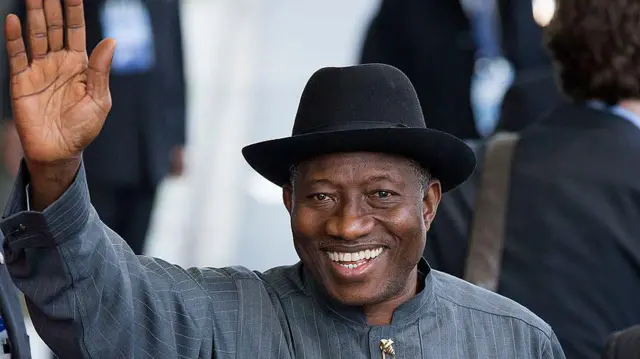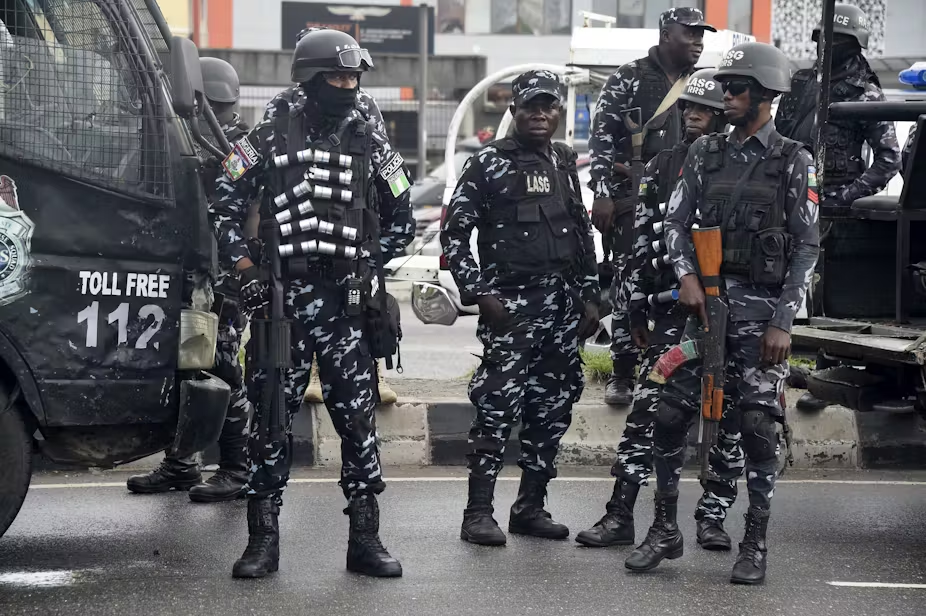by Ebubedike Akabuwa
Contrary to some reports that it took the government two weeks to respond, the government responded promptly.
The captain walked briskly around the scene. His men had cordoned off the area in a matter of minutes after the incident. They had become so good at it. And why not, he thought? They have to do the damn thing every few days. Captain Hussain always wondered if these men had become so good that they could cover a bomb blast scene blind folded. He half smiled as he remembered that after the previous blast, just two days ago, the area was so smoky that they were practically working blind. Luckily this incident involved a smaller bomb. He was holding what looked like a woman’s head. It had become slightly disfigured in the aftermath of the blast and its hair had burned off. He could tell from the size that it was a lady’s. The last three suicide bombers had been teenage girls. He sighed at the irony; this is Pakistan, a nuclear power, the envy of many countries. How can simple teenage girls be such a problem to handle?
A new era of terror was unleashed on the world in 2001. Gunmen attacked an Indian state house of assembly in a daring, suicidal incursion that left scores of people dead and took hours to put down. Two months later another attack hit India’s house of Assembly in the capital, New Delhi. Religious crisis broke out in Jos, an otherwise peaceful, serene, and scenic town. Official estimates put the number of the dead from that incident at 1000. There easily could have been more. Three days following the Jos incident, four commercial planes were hijacked and used to launch a coordinated suicide attack on the US. Two planes crashed into the World Trade Centre, destroying its two towers and nearby buildings in New York. Another plane was flown into The Pentagon. The fourth plane narrowly missed its target in Washington D.C but crashed killing everyone on board. 3000 people from all regions of the world died in the US attack. The Iraq and Afghanistan invasions were direct fallouts of the terrorist attacks on the US. Both operations have lasted for more than ten years even though experts initially estimated that US and allied troops would meet their objectives of ‘destroying the enemy’ in a matter of months. Now the world is wiser and knows that insurgency inspired by religious extremism is much more difficult to put down.
Many such attacks have happened around the world since 2001. There have been terrorist attacks in Kenya, Somalia, China, Malaysia, Indonesia, Russia, the UK, Norway, and other countries. In Nigeria, a new terror group, Jama’at Ahl al-Sunna li al-Da’awat wa al-Jihad, carried out its first attack on a police station in 2009 and the security agencies responded with brutal force in a bid to eliminate the group. The group now popularly called Boko Haram claims to promote strict Islamic principles and calls for an end to all forms of Western civilization, including democracy. An important point about global insurgency is the citizens’ response to the terror when it enters their country. In the countries where there have been attacks, such attacks have tended to bring the people together and made them more committed to defending their unity and territorial integrity. In the US, for example, after the 9/11 attacks, people and politicians put aside their differences and rallied support for their leader and the army. This support provided the impetus that the US government needed to prosecute a long campaign far beyond its borders. Nigerians must emulate the disposition of the Americans post 9/11 in these trying times if we are to defeat the current insurgency soon. The political class must stop politicizing the crises and rally the public to defeat our common enemy.
The kidnap of over 200 school girls from GSS Chibok is clearly one of the key stages of the insurgency. The incident has generated a lot of debates about the effectiveness of government’s response after the incident and its overall strategy in the fight against insurgency. Whatever perspective one views the subject from, it is necessary to understand the background issues leading up to the abduction.
The town of Chibok is considerably far from the population centre and operational headquarters of the army in Maiduguri. In this light, it would take over one hour for troops to journey from Maiduguri to Chibok. Contrary to some reports on the incident, there was an army outpost located in Chibok to secure the area even before the incident. Some reports have it that there was only a small unit of soldiers who were easily overrun by the insurgents. Other reports say that the insurgents met no resistance because they came disguised as soldiers and operated with minimal rancour – the most violent action the insurgents were reported to have taken was the setting on fire of the school buildings. Even that was done after the girls had successfully been deceived to get into lorries. There was little room for suspicion as the whole operation was mostly subdued giving rise to rumours afterwards that it must have been an inside job. The arrest of a man linked to the kidnap of the school girls, Babuji Ya’ari, a business man and a member of the Civilian JTF group, lends credence to the notion that the kidnap operation had good support from insiders, and thus supports the possibility that information regarding the kidnap could have been deliberately suppressed at the very critical stages when it was in progress and shortly after that.
Contrary to some reports that it took the government two weeks to respond, the government responded promptly. The government’s first response was ordering a troop surge to the area and a military advance on Sambisa forest, the known hideout of the terrorists. Although some people have faulted the government for taking up to two weeks after the incident to set up a fact-finding committee, it is important to recognize that the priority in such situation is to take actions which bring us closer to making contact with the girls before they advanced too far beyond our reach. So ordering a troop surge and a military advance was the best option to take. It is sad that the chosen line of action did not bring our troops in early contact with the convoy of trucks because the surge troops took some time to arrive because of the distance between the troops’ base in Maiduguri and the location of the school in Chibok. But setting up a fact-finding committee would not have made any immediate contribution in the efforts when the priority was to make a quick and forceful intervention.
The situation surrounding the abduction of the Chibok girls was very confused at the beginning. Government had called for the closure of schools in vulnerable areas like Chibok in a pre-emptive move to stop such tragic incidents as the attack on GSS Burni Yadi, but the schools remained open at the instance of the state government who probably judged that it was safe enough for students. The decision to keep such schools open was not communicated to the federal government. After the incident, there were varying accounts by, purported eyewitnesses, staff of the school and parents of the victims. The government had to choose between spending more valuable time resolving this conundrum or erring on the side of caution and moving to set on the terrorists’ trail and try to save the girls by military action. It chose to do the latter. It was the right thing to do
The outrage that greeted the abduction of the school girls resulted in an international social media campaign that went viral and attracted global attention to the plight of ordinary citizens, especially young school girls and the reality of terrorism in an already struggling region. By adding their voices to the condemnation of the abduction and lending their influence to the cause, the international community acknowledged that terrorism is a global problem and requires coordinated global actions to be defeated. The President seized the opportunity and rode on this new wave of international attention to secure technical support from Western Countries and Israel and a cross border intelligence sharing arrangements with neighbouring countries. With these alliances, the search for the girls and the war against terror has entered into a new phase.
We may all never come to agreement on whether alternative actions would have been more effective. But we must recognise that alternatives derived as a result of criticism suffer from certain problems. Chief among these problems are the downplaying of the benefit of hindsight in informing the critic’s perspective, oversimplification of the key issues, factual inaccuracies, and the obscuring of realities by emotions, by idealism, or by deliberate mischief – though I concede that we are all mischievous in our own little ways. But in matters of great national importance, mischievous criticism should be avoided for the common good of the country.
——————
Ebubedike Akabuwa tweets from @Akaebube
Op-ed pieces and contributions are the opinions of the writers only and do not represent the opinions of Y!/YNaija.











